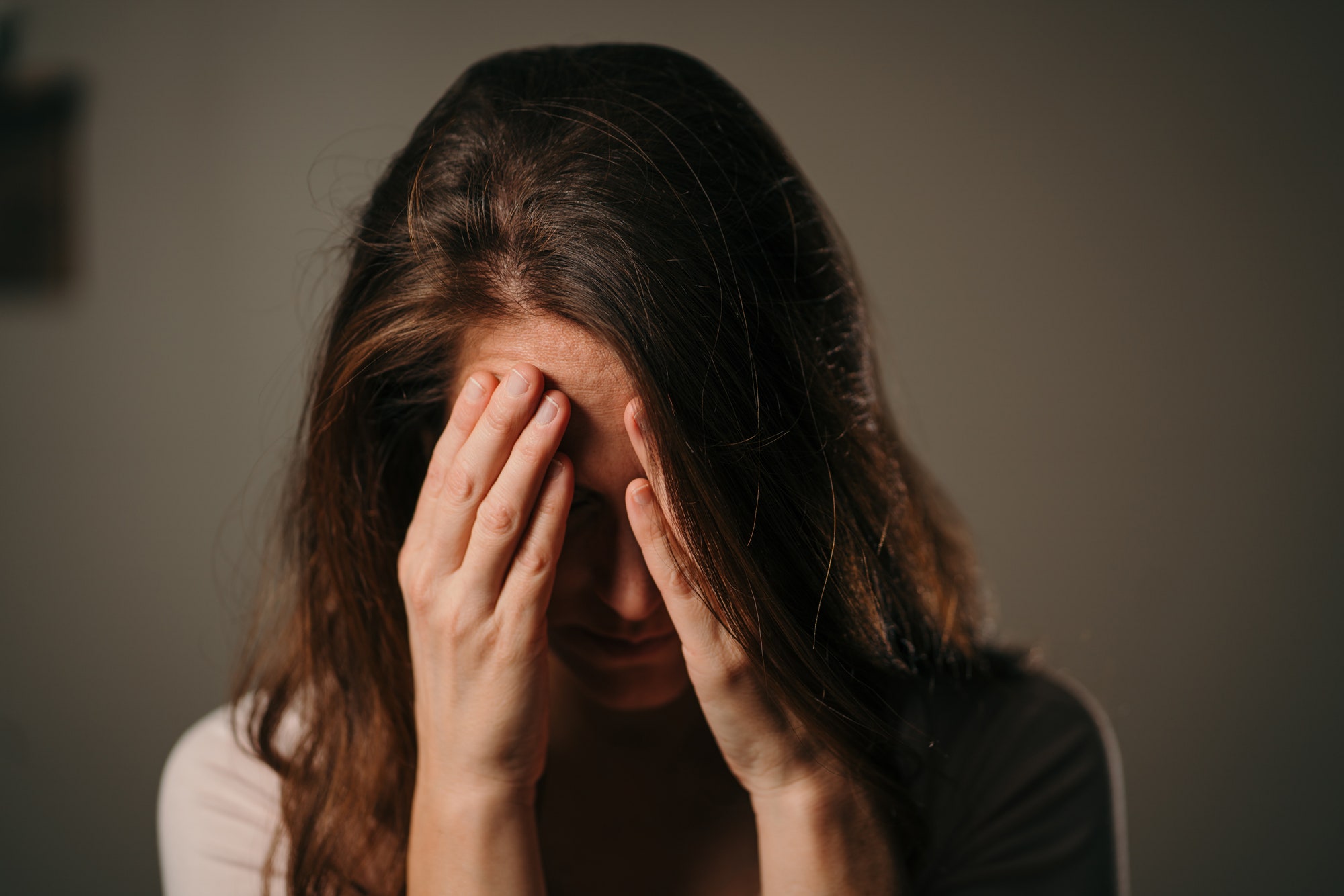Why Women Get Migraines More Than Men
1. Hormonal fluctuations: Women are more susceptible to migraines due to hormonal changes during their menstrual cycle, pregnancy, and menopause.
2. Estrogen levels: Fluctuations in estrogen levels can trigger migraines in women, especially during ovulation and right before menstruation.
3. Genetics: Studies have shown that genetics play a role in migraines, and women are more likely to inherit the gene that causes migraines.
4. Stress and anxiety: Women tend to experience higher levels of stress and anxiety, which can contribute to the onset of migraines.
5. Trauma and abuse: Women who have experienced trauma or abuse may be more prone to migraines as a result of psychological stress.
6. Sleep patterns: Women are more likely to suffer from sleep disorders, such as insomnia, which can trigger migraines.
7. Dietary triggers: Certain foods and beverages, such as chocolate, caffeine, and alcohol, are common triggers for migraines in women.
8. Environmental factors: Women may be more sensitive to environmental triggers, such as strong odors, loud noises, and bright lights, that can provoke migraines.
9. Hormonal birth control: Some women may experience an increase in migraines while taking hormonal birth control, due to the impact on estrogen levels.
10. Treatment disparities: Women may also be less likely to seek treatment for migraines compared to men, leading to a higher prevalence of migraines in women.


